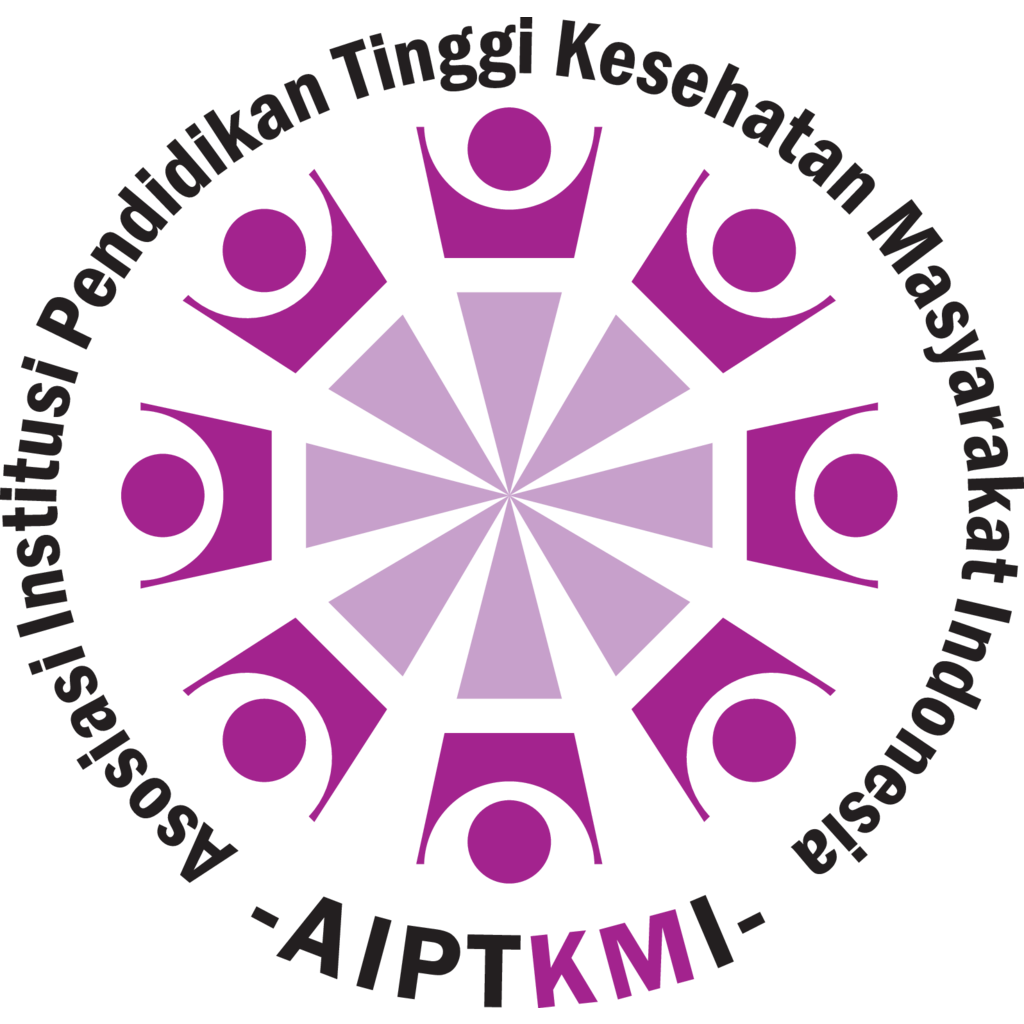
Friday, December 22, 2023, the Faculty of Public Health (FPH) Universitas Indonesia (UI) held Online Seminar Series 13 with the theme “Inspiring Leadership Improving Performance in Health Facilities Through Systematic Evaluation”. The theme explores efforts to improve performance in health facilities through systematic evaluation. Seminar participants consisted of FPH UI students, representatives of the Indonesian Ministry of Health, representatives of the DKI Jakarta Health Service, representatives of the Depok City Health Service, as well as representatives from other agencies, especially in the health sector.
“The health sector has a very important role in society, therefore it is important to ensure that health facilities operate efficiently and effectively,” said FPH UI Academic Manager, Dr. Laila Fitria, S.K.M., M.K.M., in her speech. Doctor Laila believes that one way to achieve this is by having inspirational leadership that prioritizes effectiveness and systematic performance.

The material in this seminar was delivered by three speakers, namely the Head of the KARS FPH UI Study Program, Dr. Ede Surya Darmawan, S.K.M, M.D.M.; Head of the Public Health Division of the Depok City Health Service, dr. Zakiah, M.K.M.; and Head of the DKI Jakarta Provincial Health Service, Drg. Ani Ruspitawati, M.M. Doctor Ede opened his material by conveying the fact that we are currently facing a period of rapid revolution. The United States (US) has an integrated health system which includes a central health system to laboratories. “Public health is only a small part of the integrated health sector system. “Meanwhile, the healthcare ecosystem actually includes public health, long-term care, academic medical centers, specialty clinics, private insurance, and others,” said Dr. Ed. Not only in the US, but Indonesia also has a health service ecosystem which is overseen by the Indonesian Ministry of Health. A total of 38 Provincial Health Offices, 514 District/City Health Offices, and 10,236 Community Health Centers are also at the forefront of the health ecosystem in Indonesia along with 25,000 Assistant Community Health Centers, 25,000 Health Clinics, Private Practicing Doctors, independent midwives and nurses, traditional health practitioners, etc.

Furthermore, Dr. Ede said that the current public health direction is also directed at VUCA (Votality, Uncertainty, Complexity, Ambiguity). “However, the biggest question is how to increase the effectiveness of health and community service organizations, the key lies in the leaders themselves,” added Dr. Ed. According to John C. Maxwell, a good leader can be seen from charisma, courage, problem solving, technical ability, and vision. Innovation of an organizational leader is a formula when new ways of thinking meet new ways of working. Future leaders are determined by today’s leaders. 
Head of the Public Health Division of the Depok City Health Service, dr. Zakiah, M.K.M., then conveyed further regarding “Inspiring Leadership in Health Facilities”. Leadership is an activity to influence other people to work voluntarily to achieve group goals by developing their abilities, skills, and emotional intelligence, so that they can inspire or motivate other people to achieve a shared vision. “In the context of health, our goal is to improve the level of health as high as possible. “In today’s competitive and fast-paced era, leadership has become very important and has an influence on the ability of an organization/institution to be competitive,” said Dr. Zakiah. Therefore, a strong desire and enthusiasm for learning is needed as well as room for capacity building, not only for behavior change, but also for improving attitudes and behavior. Health facilities are places that provide health services, such as hospitals, health centers, clinics, etc. In fact, one of the reasons people choose to go to a health facility when seeking treatment is because it reflects the quality of service from that facility. Inspiring leadership will build organizations/institutions to achieve these goals and provide excellent service quality. Organizations also need to have five disciplines in learning organizations, namely personal mastery, mental models, shared vision, team learning, and systems thinking. “High personal mastery will encourage someone to continue moving forward because they see the gap between reality and their vision. “In making a decision and evaluating a program, mental models are factors that influence the accuracy and correctness of the evaluation made,” continued Dr. Zakiah. According to him, a leader is also closely related to creating a shared vision.

drg. Ani Ruspitawati, M.M., Head of the DKI Jakarta Provincial Health Service, said in her presentation that there are levels in the organizational structure of the DKI Jakarta Provincial Health Service, namely the Health Office as the regulator, the Health Department as the evaluator, and the UKPD and UPT as operators. To become a competitive global city, a city at least needs to have a comfortable space to live in, complete with good basic urban infrastructure, controlled security conditions and social conflicts, ease of living, affordable living costs, good quality human resources (health and education), as well as ease of access to information.
“The concept of leadership encourages the transformation of health services by becoming a role model, developing a long-term vision, carrying out self-development, optimizing communication, collaboration and adaptability, as well as setting targets and evaluating processes for improvement,” said Drg. Ani. Strategic leadership in systematic evaluation by setting a vision for performance improvement, building a culture of continuous improvement, and empowering the team by delegating responsibility and authority as well as recognizing and celebrating team achievements in the evaluation process. Meanwhile, the challenges that are often faced are resistance to change in the organization and a lack of leadership support for systematic evaluation, so these challenges need to be overcome through effective and efficient leadership strategies. “Transformation of health services is a necessity to improve the quality of health services themselves. Thus, involvement and support from the government, private sector and related stakeholders is needed to build a health ecosystem. “We also need active support and involvement from top leaders to ensure that health transformation in Indonesia continues,” concluded Drg. Ani. (DND)

